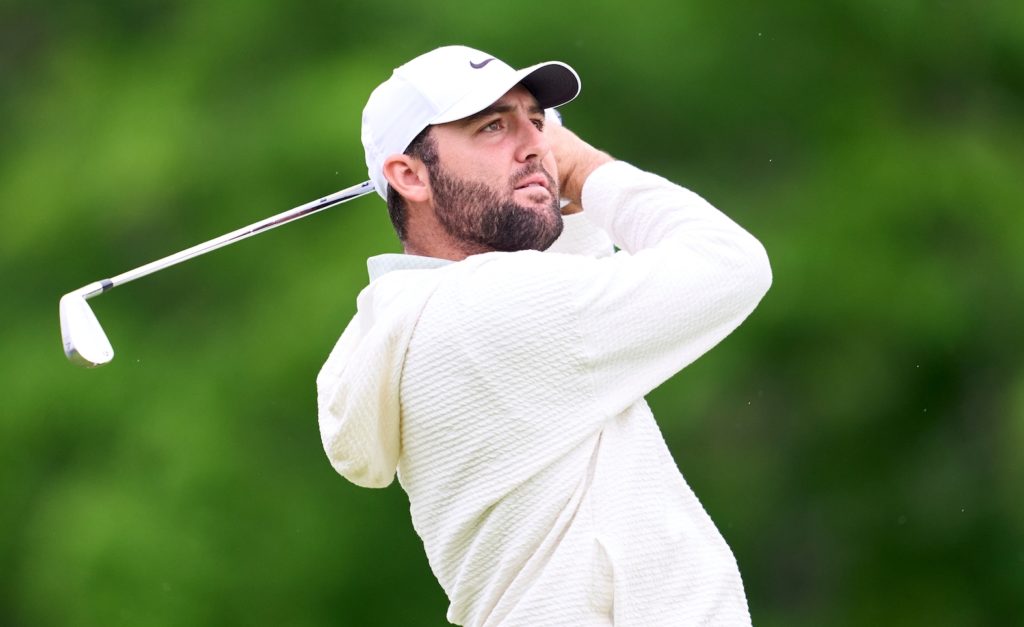There is no data chronicled in the Book of Genesis about how many man-hours it took for Noah and his sons to build the Ark. Suffice to say, building a floating zoo with nothing but hand tools had to wreak havoc on the family’s work-life balance. Most people do not have jobs where the fate of mankind — and aardvarks — depends. The pandemic moved the work-life needle to the other extreme, and the culture still seems to be trying to find the right kind of balance.
There remain certain professions untouched by the concept of balancing anything or even maintaining a kind of peace, or at least détente between the need to work hard and being “present” with one’s family. Medicine and the law are two fields that demand extremely long hours with no 9-to-5 matrix. But two other ways of making a living also demand the same commitment: entertainment and professional sports. Like medicine and the law, these two have the potential for enormous wealth, and all four of them have a high body count when it comes to broken families.
But with professional sports, the saturation of media coverage has turned today’s football and basketball stars into modern-day gladiators who earn fame, fortune and adulation from the public. When it comes to elite athletes, the pressure to perform and be the “greatest of all time,” or the GOAT, drives their every waking moment.
And then there is Scottie Scheffler.
For those who don’t know him, he is the man who has dominated the world of golf for the past five years, even garnering comparisons to Tiger Woods, probably the most impactful icon in the history of the game. But unlike Tiger Woods in his prime, Scheffler has committed a kind of heresy against the zealotry of our devotion to pro sports. There have been articles and commentary characterizing what Scheffler has done as “scandalous,” which is an ironic way to view his statements when we think of some of the off-the-field behavior from top-tier athletes.
Scheffler openly declared to the golf world and the general public that he does not believe everything he has accomplished in golf — including all the money and accolades that go along with being No. 1 — means all that much to him. His work-life balance is out of whack because the weight of the two things on opposite ends of the scale must be equal. And to Sheffler, his wife, child, and extended family will never weigh less than, or even the same as, his professional achievements as an elite golfer.
Scheffler does not come off as some kind of benighted saint. He is naturally conflicted from reaching a goal he has been painstakingly working on since the time he was able to hold a 9-iron in hand. But the achievements have left him with a sense of emptiness, and that is something those with worldly views just cannot fathom.
It is a sign of his spiritual health. The response from the sports media world was as obvious as it was mistaken. None that I saw viewed Scheffler being quoted, “This [golf] is not the most important thing in my life,” as for what it was: a man who understood what his real vocation is. “I love being a father, I love being able to take care of my family.”
We all must work for a living. St. Paul goes as far as to suggest that people who do not work should not eat. And since no one lies on their deathbed regretting they did not spend five more minutes in the office, we should all take a page out of Scheffler’s playbook and know which side of the fulcrum our hardest work lies.

